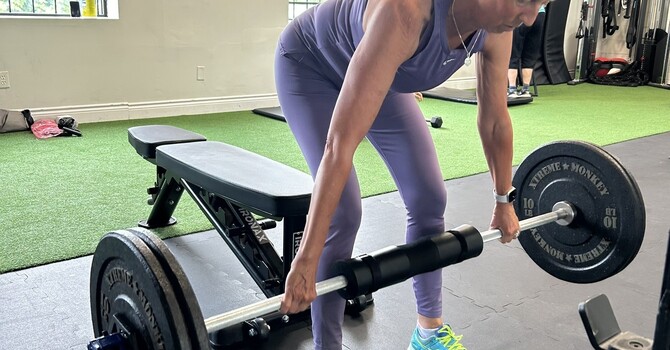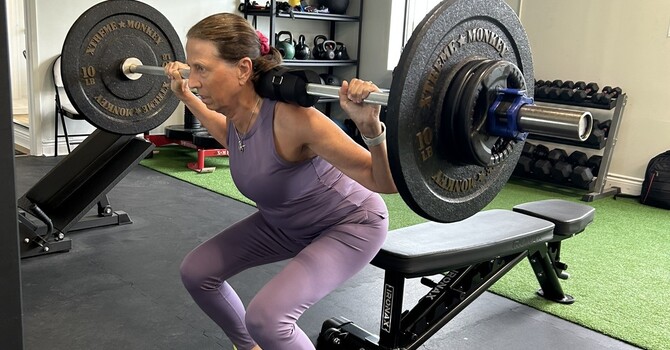
Do you often wonder about supplements – and whether what you are taking is actually doing you any good? As a Registered Dietitian, this topic comes up at every new client visit.
Sometimes clients are taking a recommended supplement from a health care provider. Most often though, clients are taking a supplement based on a friend or family’s recommendation or something they read about online. As we know this isn’t always a good decision! If I were to venture into a health food store and look at natural health products – I would think that many are needed simply because of the marketing of the product – and sure I might need those nutrients – but who says they need to come from a bottle?
Some of the things to consider before selecting a supplement:
1. Do you need it? Are you lacking in a specific nutrient? This is somewhat hard to determine unless it is a mineral like iron or vitamin like vitamin B12– and you have some blood work and symptoms that show you are iron-deficient or vitamin B12 deficient. Unfortunately we cannot tell the nutritional status of most nutrients from routine bloodwork.
2. Are you eating a balanced diet? Does your diet include mostly processed foods or take out - or do you have a good variety of whole foods? In addition, do you eat lots of vegetables and fruit, whole grains, high quality protein foods, and good quality fats? Are you lacking whole groups of foods? If so, you are likely missing out on some micronutrients.
3. Could you improve your present diet? –of course, this is one of the first things you should ask yourself – and where I would start as a Registered Dietitian to assist you. For many individuals – a good quality multi-vitamin/mineral supplement is a good idea. Even for me. I follow a pretty decent diet. But realistically, I can’t eat enough whole foods to meet all of my needs – so I do take a good quality multi-vitamin/mineral supplement daily. But not just any one out there.
Here are 5 important things to look for:
1. Quality of the vitamins or minerals themselves. Some are simply better absorbed. For example magnesium oxide- a very common form of magnesium is very abundant but it’s absorption is only about 4% so you don’t get much whereas the magnesium compound bound to an amino acid (glycinate) is much more bio-available. Magnesium citrate is another option as well and both are more complex and costly to make than magnesium oxide. That’s why magnesium oxide would be used in most store brand multi-vitamin/mineral supplements. And for most individuals this is a mineral like calcium that should be individualized based on need – and provided in a separate supplement. So it’s not necessarily the best value to have a multi with the “most” vitamins/minerals.
Another example is vitamin E – DL-alpha tocopheryl acetate is not nearly as effective as a more natural form of vitamin E d-alpha tocopherol, gamma-tocopherol and delta-tocopherols which is a mixture of different natural forms of vitamin E and found in my preferred multi.
2. What’s included? What nutrients are included - and how much? Gummies frequently don’t have much in them – perhaps a few vitamins and one or two minerals at low dosages and poor quality compounds. So in this case, you think you are taking a daily multi-vitamin/mineral complex - but really not getting much at all. In addition - A gummy format usually has a lot of extra ingredients including sugar, colourings and additives as compared to a capsule or pill format. I know – not as fun you say!
3. Non-medicinal ingredients –I compared a popular store-brand multi which had a whooping 18 additional ingredients in it compared to a better quality more natural brand that had only 3. Remember non-medicinal ingredients are the non-essential things -it’s the extra ingredients to make the product which are neither vitamins or minerals. In addition, are the non-medicinal ingredients visible on the label or online – very often they are hard to locate, so my guess is the company doesn’t want you to easily find it – or they have something to hide.
4. Who you buy from - Where you purchase your supplements is also important. A reputable store or online dispensary that deals with supplements locally (in Canada) is critical. I look for high quality storage practices, date checks, and packaging and shipping standards. This is important for natural healthproducts - rather than a large warehouse that is not equipped to deal with supplemnts but is great for lots of other standard items. (keep in mind some supplements may need to be refrigerated or don’t tolerate the heat well)
For my clients I often recommend Fullscript – my preferred online dispensary for good quality supplements. Fullscript has much higher standards for shipping and storage and as well provides excellent customer service. The supplements are usually shipped in one day to your home. They are sent from their warehouse in Ottawa – so no border shopping needed.
If you would like to have a nutrition assessment to address which supplements would be a good idea for you – don’t hesitate to contact me. You can start by booking a free consult in my calendar on my website so you have the opportunity to share your needs and goals with me before we work together. Check to see if you have a health benefit plan that covers dietitian services as well! Even health spending accounts are helpful ways to get your visit covered.
If you are interested in accessing high quality supplements with Fullscript– click here. I have extended this link to everyone – not just my clients. I have provided access to the entire catalogue of products – and as well can make individual recommendations to my clients. There are new products added every month!
If you’d like to know what my favourites natural health products are- check this out. Again – here is the link to Fullscript:






